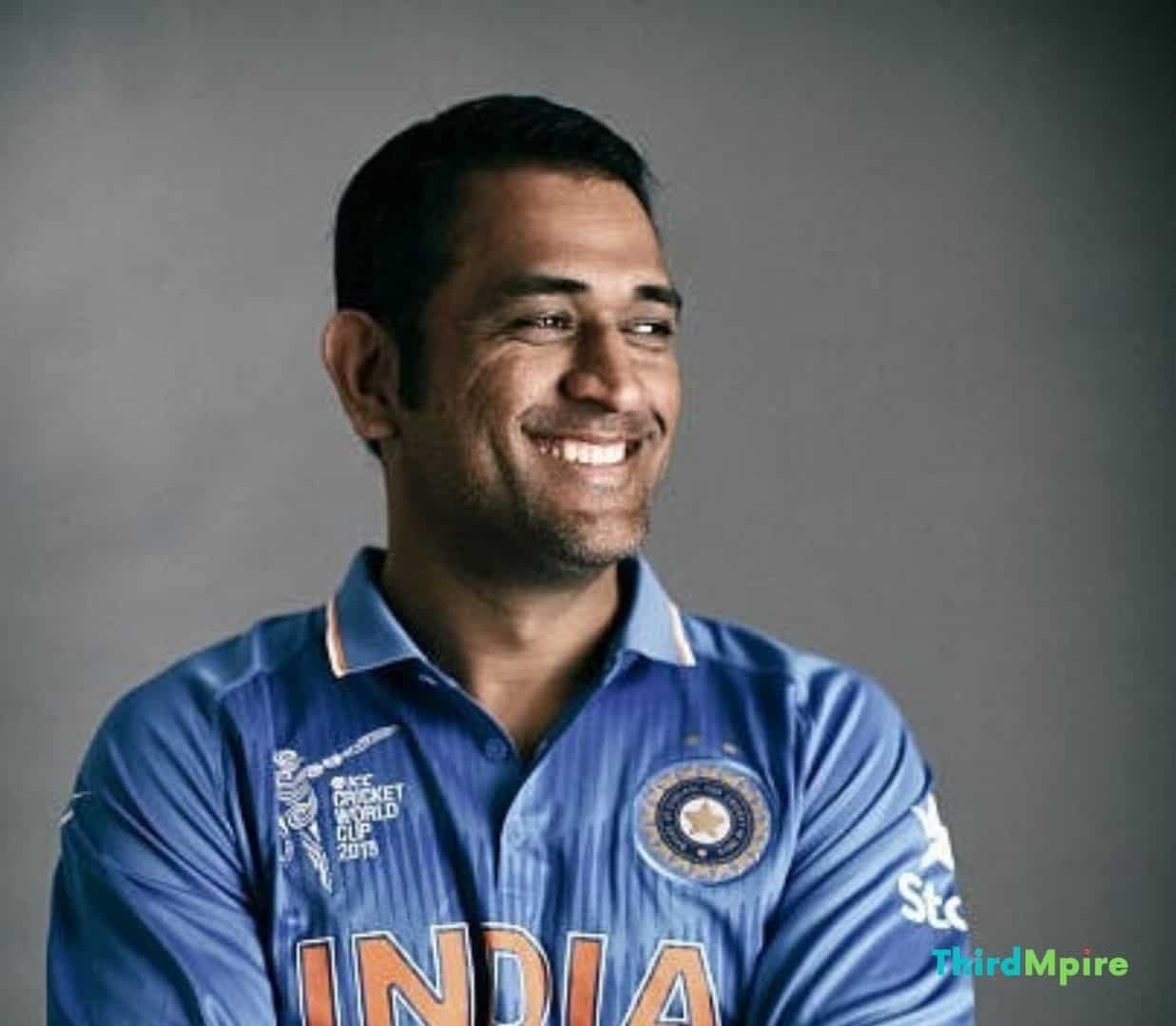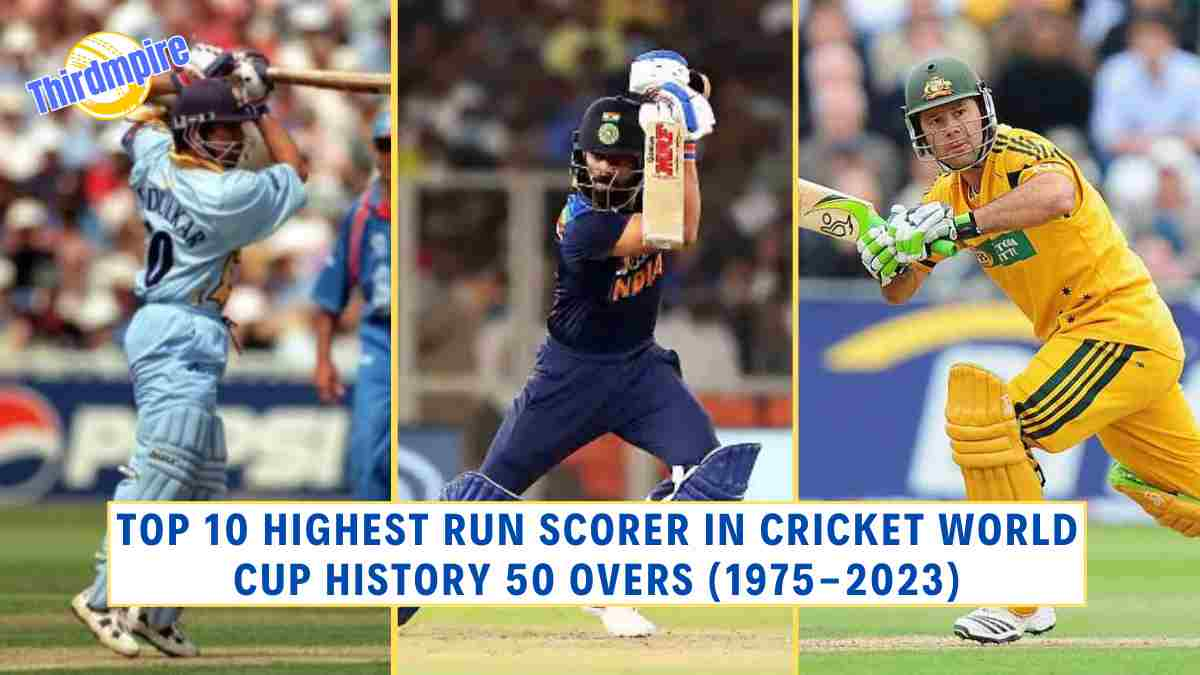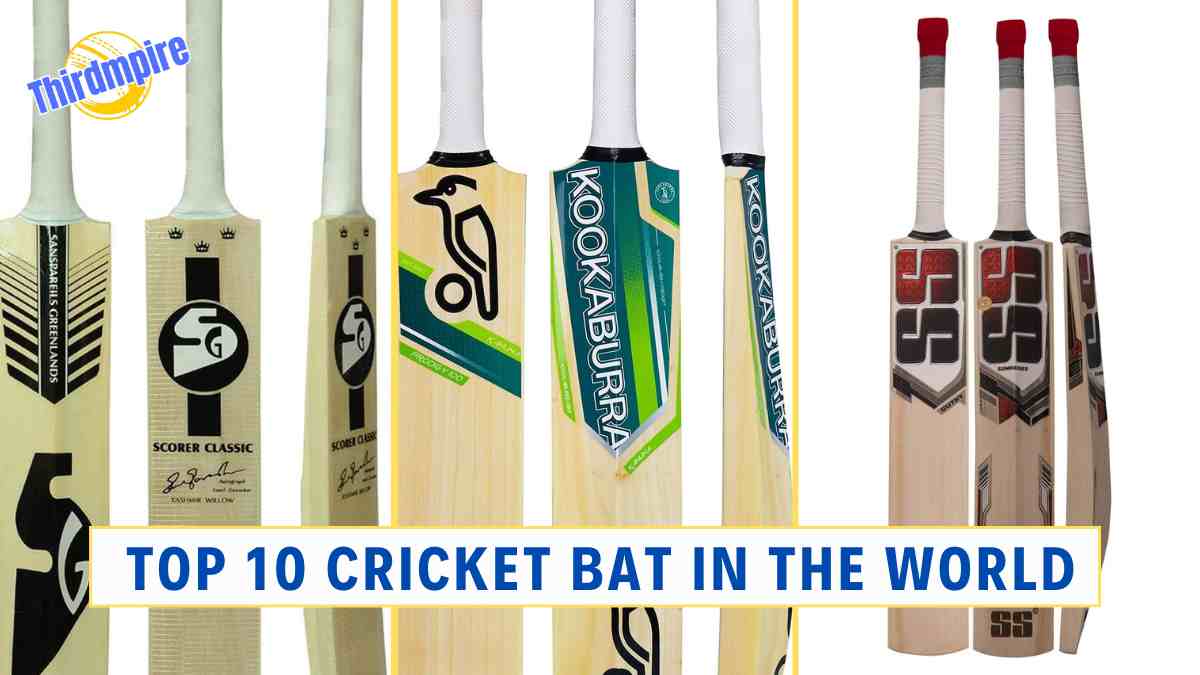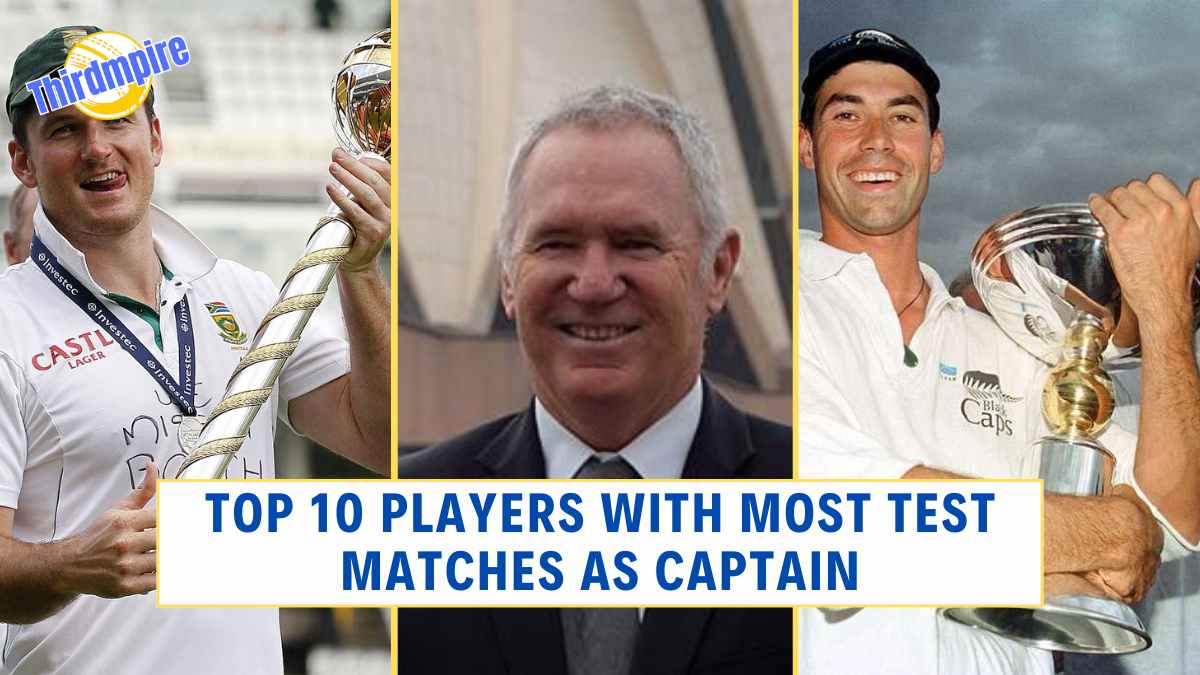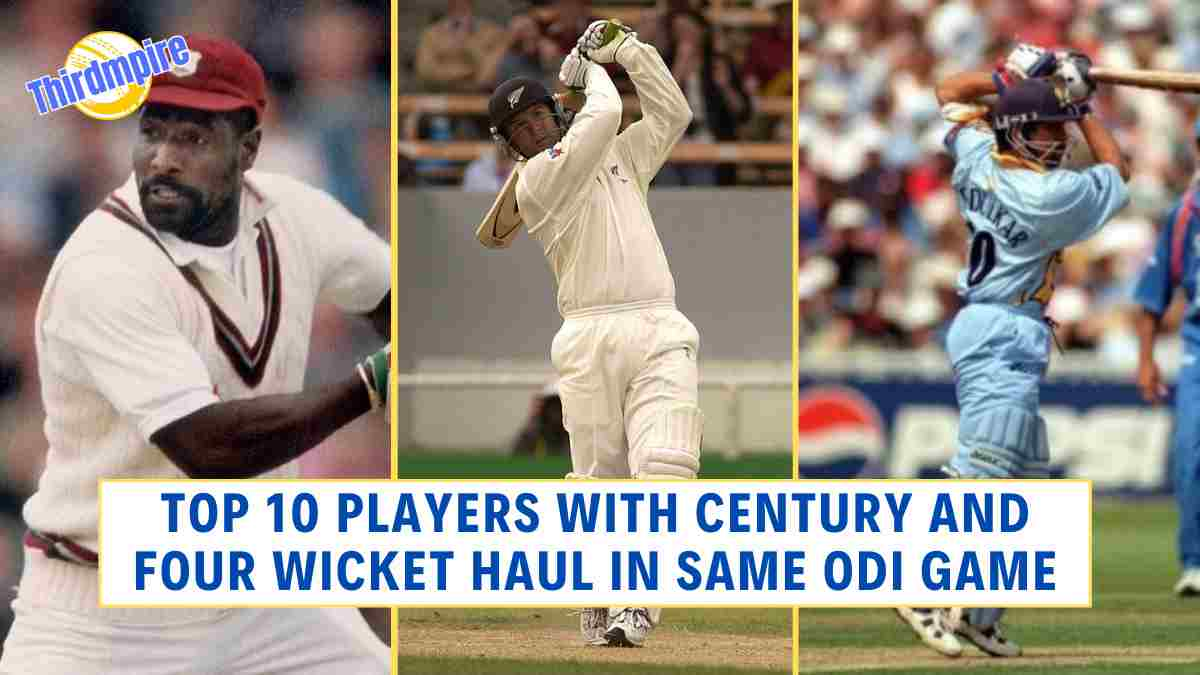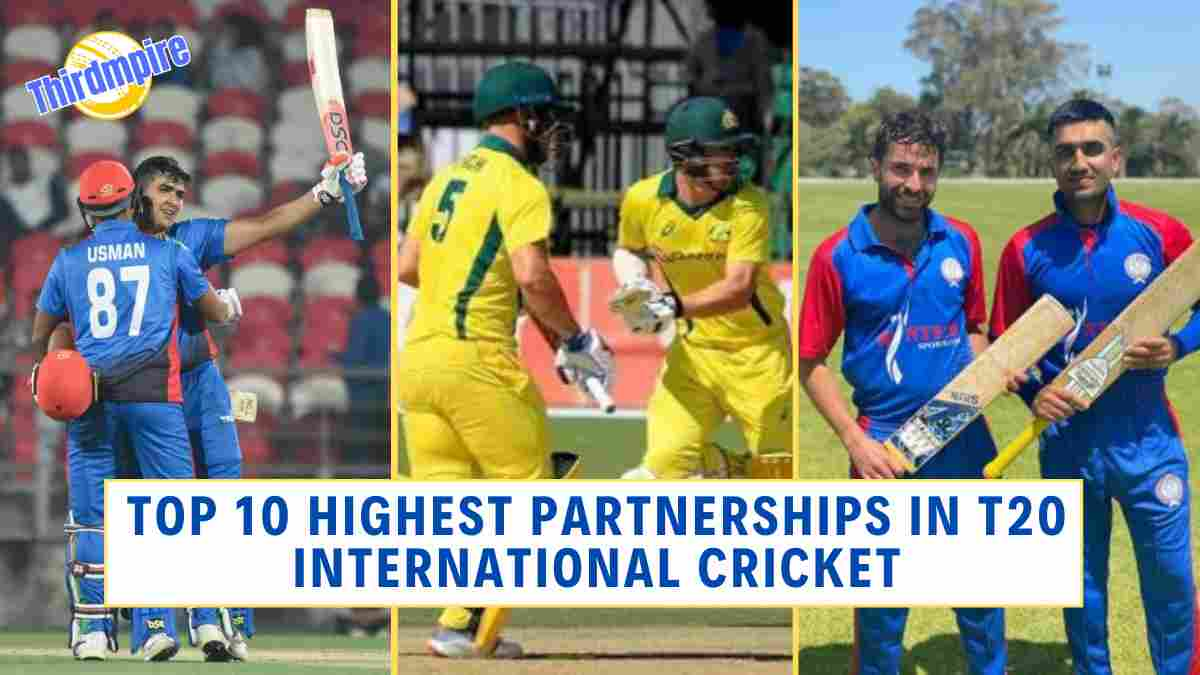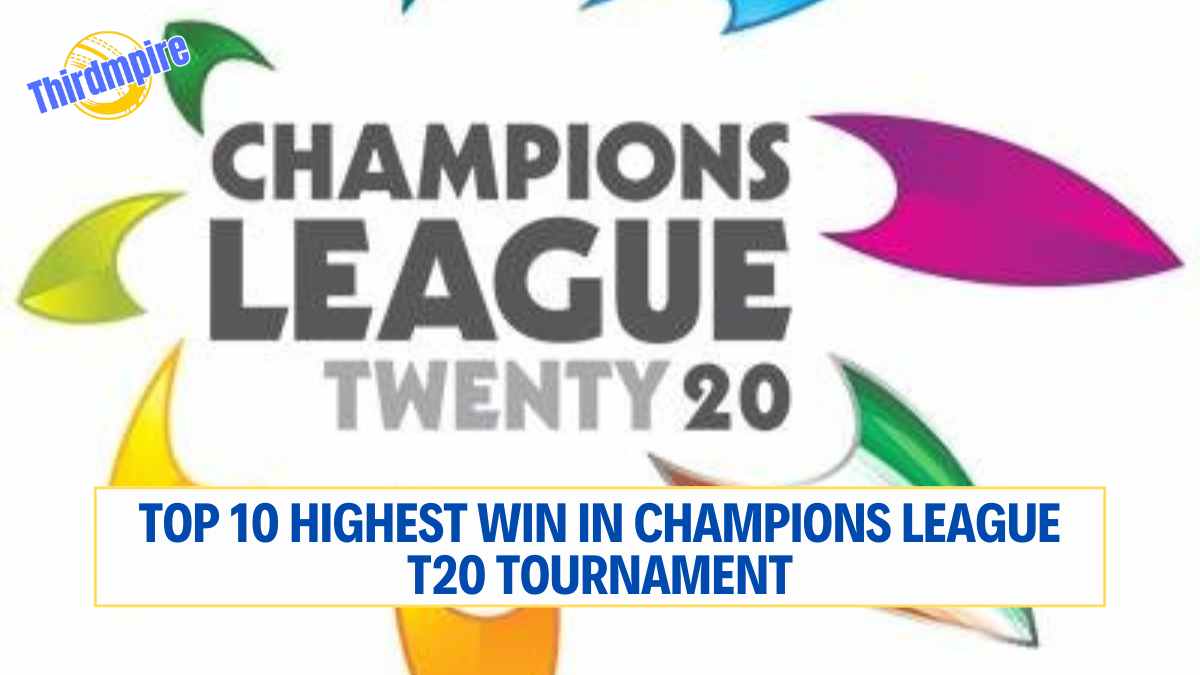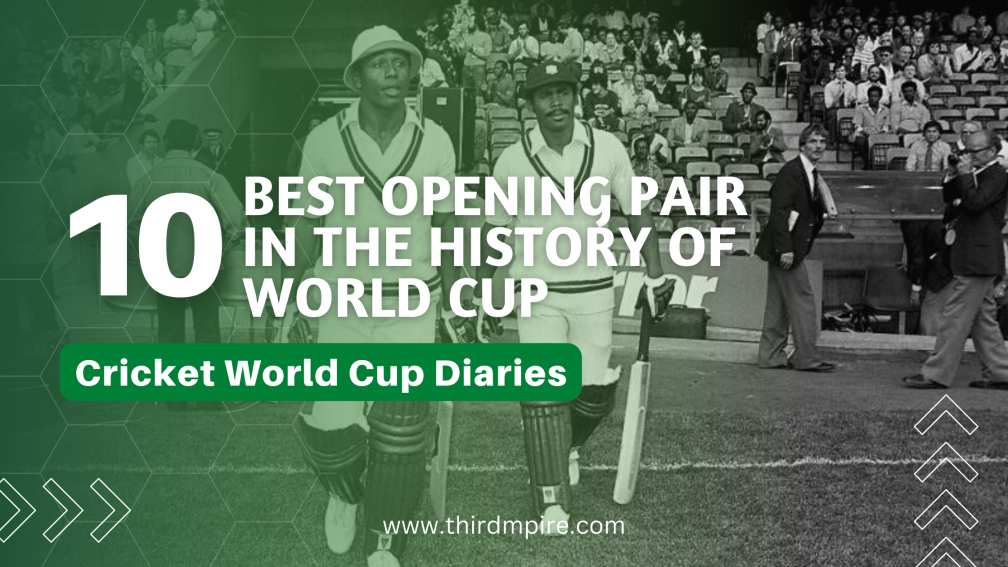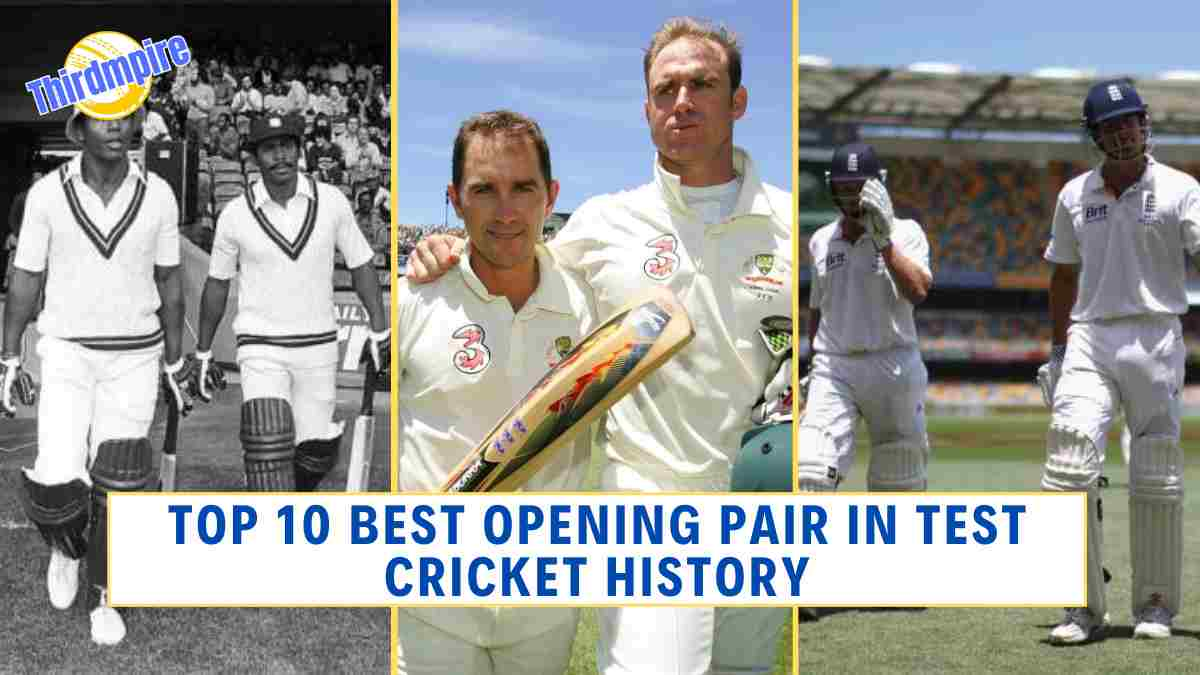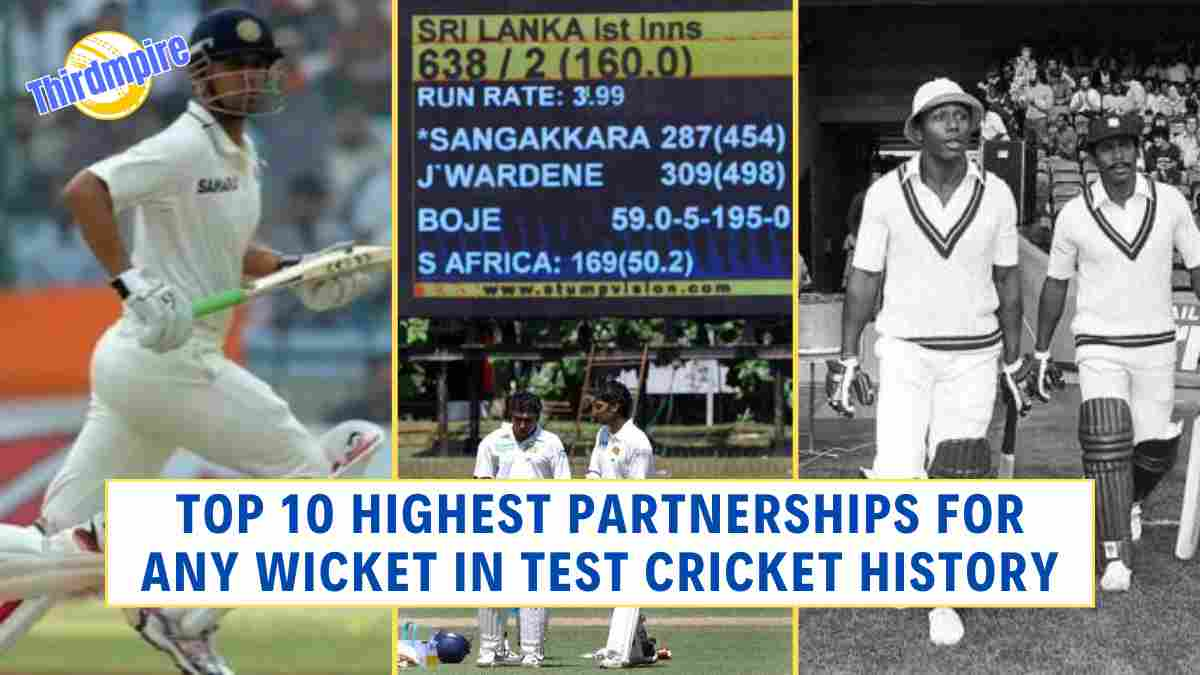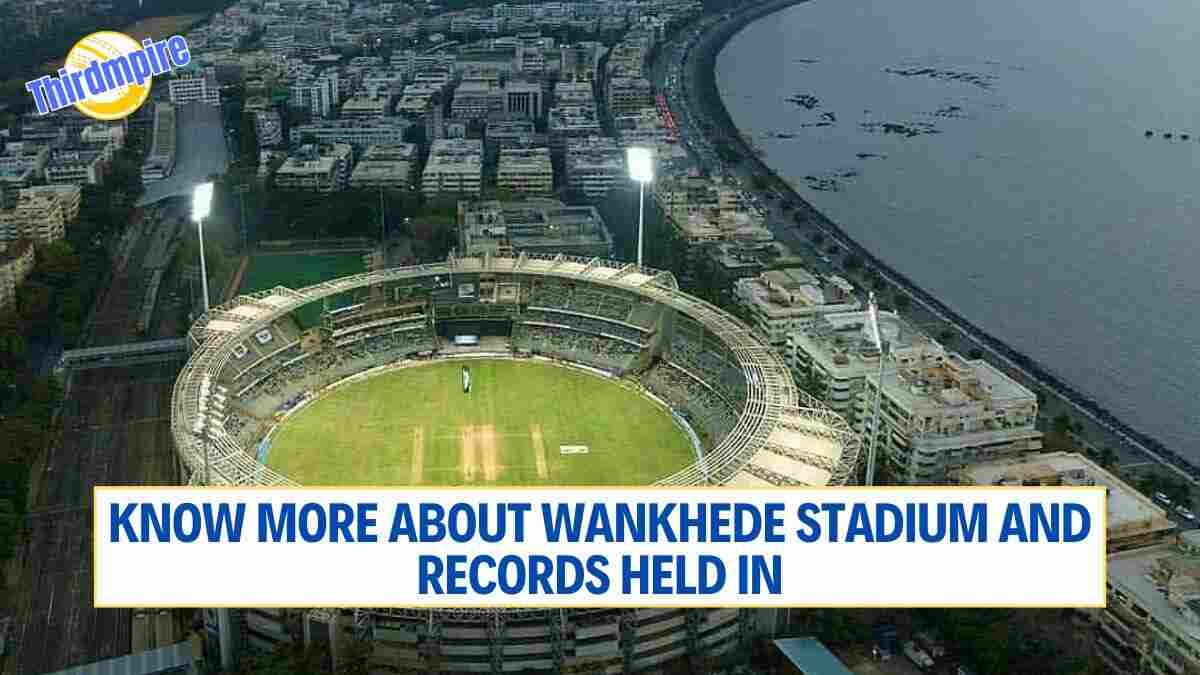Mahendra Singh Dhoni, the former captain of the Indian Cricket Team, was also known as “Mahi”. Dhoni was born on 7 July Ranchi, Jharkhand. His father is Paan Singh, his mother is Devki Devi, his elder brother is Narendra Singh Dhoni, and his sister is Jayanthi Gupta.
Dhoni studied in DAV Jawahar Vidya Mandir, Shyamali, Ranchi, and Jharkhand. Mahendra Singh Dhoni studied at St. Xaviers College, Ranchi, and Jharkhand. Dhoni got married to Sakshi Singh Rawat on 4 July 2010.
Dhoni and his wife Sakshi were blessed with a baby girl. KR Banerjee, his school’s cricket coach, first noticed him as a goalkeeper in 1993 and encouraged him to try his hand at wicket-keeping.
Early Age Cricket
Dhoni’s wicket-keeping abilities earned him a place as the Commando cricket club’s daily wicketkeeper from 1995 to 1998. Based on his club cricket performance, Dhoni was chosen for the 1997/98 Vinoo Mankad Trophy Under-16 Championship, and he performed admirably. After completing his tenth grade, Dhoni concentrated on cricket.
He worked for the Kharagpur Railway as a Traveling Ticket Examiner (TTE). In 1998, Dhoni was selected by Deval Sahay to play for the Central Coal Fields Limited team. Dhoni had only played school cricket and club cricket until 1998 when he was in the 12th grade and no professional cricket.
When Dhoni was playing for CCL, one of the most popular moments was when Deval Sahay used to give him Rs 50 for each six he hit in Sheesh Mahal tournament cricket matches. Deval Sahay, an ex-Bihar Cricket Association Vice-President, was the Ranchi District Cricket President at the time and was effective in encouraging Dhoni to the Ranchi team, junior Bihar cricket team, and finally senior Bihar Ranji Team for the 1999-2000 seasons.
Dhoni advanced from the CCL to the Bihar Ranji team in less than a year. Deval Sahay is credited with enhances personal consistency in Dhoni. Bihar’s efforts got overshadowed by Punjab U-19s’ 839, Yuvraj Singh scored an unbeaten 358. Dhoni was included in the East Zone U-19 squad for the CK Nayudu Trophy, but Dhoni managed to score only 97 runs in four games whereas East Zone lost all four games and finished last in the tournament.
Dhoni, as an eighteen-year-old, made his debut in the Ranji Trophy for Bihar in the 1999-2000 seasons. Dhoni managed to score 283 runs in 5 matches. In the 2000-2001 seasons, Dhoni scored his first first-class century when playing for Bihar against Bengal in a hopeless position.
Dhoni’s performance in the 2002-03 seasons included some half centuries, three in the Ranji Trophy and a couple of half-centuries in the Deodhar Trophy, Dhoni started gaining recognition for his hard-hitting batting style, Helicopter shot & lower-order batting contribution.
In the 2003-04 seasons, Dhoni scored a century against Assam in the first match of the Ranji ODI tournament. Dhoni was chosen to represent East Zone in the Duleep Trophy finals in place of international cricketer Deep Dasgupta. Dhoni’s skill was identified through the BCCI’s TRDW small-town talent scouting programme.
TRDO Prakash Poddar, the captain of Bengal in the 1960s, saw Dhoni play for Jharkhand in a match in Jamshedpur in 2003 and recommended him to the National Cricket Academy.
Debut In Indian Cricket Team
Mahendra Singh Dhoni had his best wicket-keeping performance against the Zimbabwe XI in Harare Sports Club, with 7 catches and 4 stumpings. With a half-century against Pakistan A in a Tri-nation tournament involving Kenya, India A, and Pakistan A, Dhoni helped India A chase down their mark of 223 against Pakistan A.
Dhoni scored 362 runs in 6 innings at an average of 72.40, and his performance drew recognition from the Indian captains Sourav Ganguly and Ravi Shastri, among others. Dhoni was selected in the ODI squad for the Bangladesh tour in 2004/05 after getting recognition for himself in India A squad.
Dhoni was selected for the Pakistan ODI series despite an average series against Bangladesh. M S Dhoni made his ODI debut on 23 December 2004 against Bangladesh at Chittagong. Dhoni made his debut on 2 December 2005 against Sri Lanka at Chennai. Dhoni made his T20 debut in 2006 against South Africa at Johannesburg.
Breakthrough Inning
In the series’ second match, Dhoni scored 148 off 123 deliveries in Visakhapatnam, his fifth one-day international. Dhoni was elevated to No. 3 in the third ODI at Sawai Man Singh Stadium after having few batting chances in the first two games of the Sri Lankan bilateral ODI season. Mahendra Singh Dhoni was awarded man of the series for his tremendous performance and with the highest run aggregator in the series.. The BCCI awarded Dhoni a B-grade contract in December 2005.
In their first match of 2006, India scored 328 in 50 overs, with Dhoni contributing 68. Dhoni came in with India in a difficult state in the third match of the series and scored 72 runs off 46 balls, which includes 13 boundaries, to help India take a 2-1 series lead. Dhoni repeated his feat in the final match of the series, scoring 77 runs off 56 balls to help India win the series 4-1.
India’s lack of planning was evident in their losses to the West Indies and Australia in the 2006 ICC Champions Trophy, despite Dhoni scoring a half-century against the West Indies. The ODI series in South Africa was the same for both Dhoni and India, with Dhoni scoring 139 runs in four matches and India losing the series 4-0. Dhoni had played 16 ODIs since the start of the West Indies series, hitting just two fifties and averaging 25.93.
Dhoni was designated vice-captain of India’s One-Day International team for the series against South Africa in Ireland and the following seven-match ODI series against England in 2007. On September 2, 2007, Dhoni equalled his mentor Adam Gilchrist’s world record for most dismissals in an ODI innings by taking five catches and one stumping.
During the India-Australia series in 2009, Dhoni scored an ambitious 124 runs in just 107 balls in the second ODI, and a modest 71 runs in 95 balls with Yuvraj Singh to help India win by 6 wickets in the third ODI.
On September 30, 2009, Dhoni took his first and only international wicket. Dhoni bats against South Africa during the 2013 ICC Champions Trophy group stage series. In 2009, Dhoni led the ICC ODI Batsman rankings for several months.
Dhoni had an outstanding year in One-Day Internationals in 2009, accumulating 1198 runs in just 24 innings at a remarkable score of 70.43. Although Dhoni didn’t have a good show with the bat averaging just 30.0 in seven innings and managing 150 runs, India reached the finals with victories over Australia and Pakistan in quarter-finals and semi-finals, respectively.
In the final against Sri Lanka, Dhoni, along with Gautam Gambhir and later Yuvraj Singh, recovered his team and helped India win their second World Cup title since 1983. He finished the game with a historic six and was named Man of the Match after scoring 91 not out.
Mahendra Singh Dhoni became the first and only captain in international cricket history to win all ICC trophies after winning the 2013 ICC Champions Trophy. During the 2015 Cricket World Cup, Dhoni made history by becoming the first Indian captain to win all of his group stage matches.
He scored 85 not out in the match against Zimbabwe at Eden Park. On New Zealand soil, this is the highest score by an Indian captain. He became the third non-Australian captain to win 100 ODI matches after defeating Bangladesh in the quarterfinals.
Retirement from International Cricket
Dhoni’s last ODI match was on 9 July 2019 against New Zealand at Emirates Old Trafford, and his last test match was on 2 December 2014 against Australia in Melbourne, and the last T20 match was on 27 February 2019 against South Africa at the Wanderers Stadium.
On 15 August 2020, Mahendra Singh Dhoni announce retirement from all formats of international cricket.
Mahendra Singh Dhoni’s Best Records
- Under his captaincy, the Indian team won major tournaments in all 3 formats: The No.1 Test ranking for 18 months (2009-2011), the ODI World Cup in 2011, Champions Trophy in 2013 and the Twenty20 World Cup in 2007.
- Most centuries at the position of No.7 in ODIs.
- Most 6s in International Cricket as a captain.
- Most number of stumpings in International Cricket. The highest score by a wicket-keeper batsman in ODIs (183 runs).
- Won most T20 International matches as a captain.
- Most times bowled in International Cricket while playing a match as a wicket-keeper. Only skipper to score an ODI century while batting at No.7.
- First Indian wicket-keeper batsman to score 4,000 Test runs.
- Highlight score by an Indian captain in Tests (224 runs).
- 3rd skipper ever to have captained in 300+ international matches, after Ricky Ponting (324) and Stephen Fleming (303).
- The only skipper to have captained 50+ matches in all 3 formats.
- First Indian captain to win a Test series in New Zealand.
- In July 2018, he made the record of maximum stumpings in Twenty20 Internationals (33 stumpings in 91 matches).
National Awards
- Rajiv Gandhi Khel Ratna (2007).
- Padma Shri (2009).
- Padma Bhushan (2018)
Achievements
- MTV Youth Icon of the Year (2006).
- ICC ODI Player of the Year (2008, 2009).
- CNN-IBN Indian of the Year in Sports (2011).
- ICC Award for Spirit of Cricket (2011)

